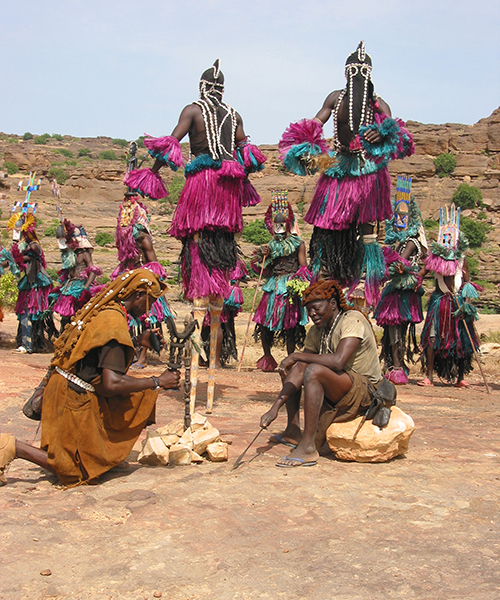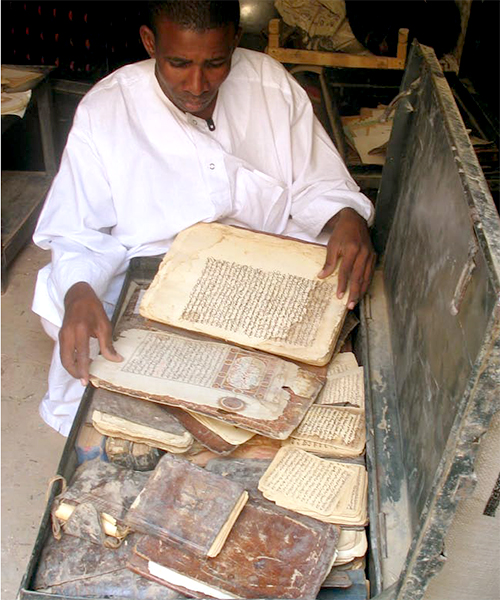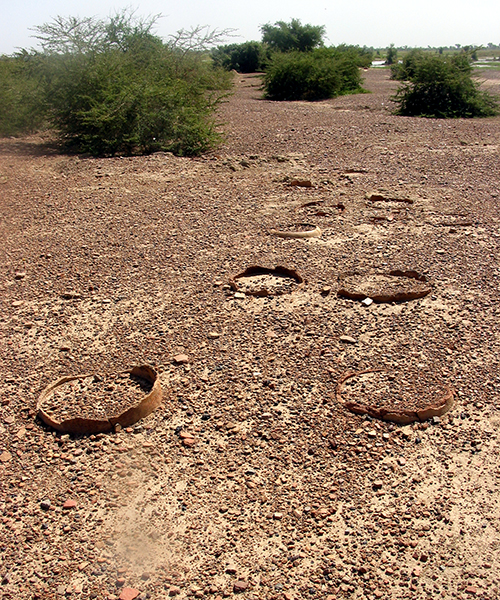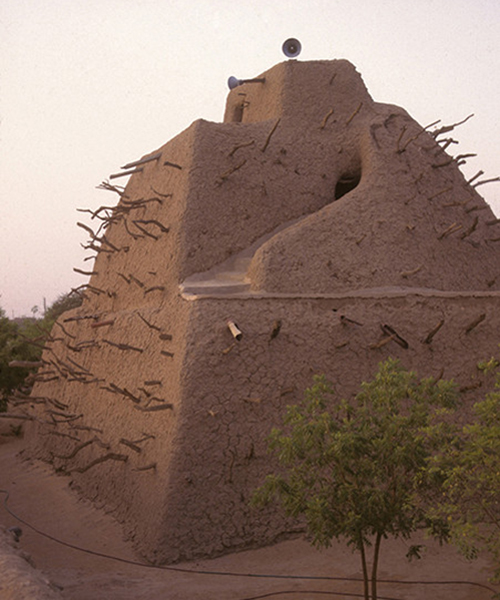This presentation focuses on the UNESCO World Heritage sites in Djenné, Gao, Timbuktu and Dogon to look at Mali’s rich history and culture. This is especially important in order to understand the ongoing political crisis and how to solve it.
Mali’s history extends back to ancient Djenné (a city that dates to at least 200 BCE) and to the three empires, Wagadu (Ghana), Mali and Songhai that originated in and governed the territory that is today the Republic of Mali and more. These empires brought together many peoples and cultures. The enormous scope of the empires makes Mali a cultural source for West Africa. These traditions are carefully preserved and still transmitted from mouth to ear.
In 2012, an ongoing political crisis erupted in Mali. This presentation is part of the discussion about some of the consequences of the crisis and about how the cultural heritage found in Mali is important to world culture. It is important to remember that culture is a living entity and to pay attention to the ways that Mali’s cultural heritage influences contemporary culture.
Malian culture holds the keys to the resolution of this conflict and the future of Malian democracy. This is especially important to bear in mind at this trying time when solutions to the current crisis are being imposed by an international community that is unaware or not mindful of this rich cultural context and the interconnected histories of the peoples of the region.
This lecture has been presented at the Library of Congress and at numerous universities and museums.










